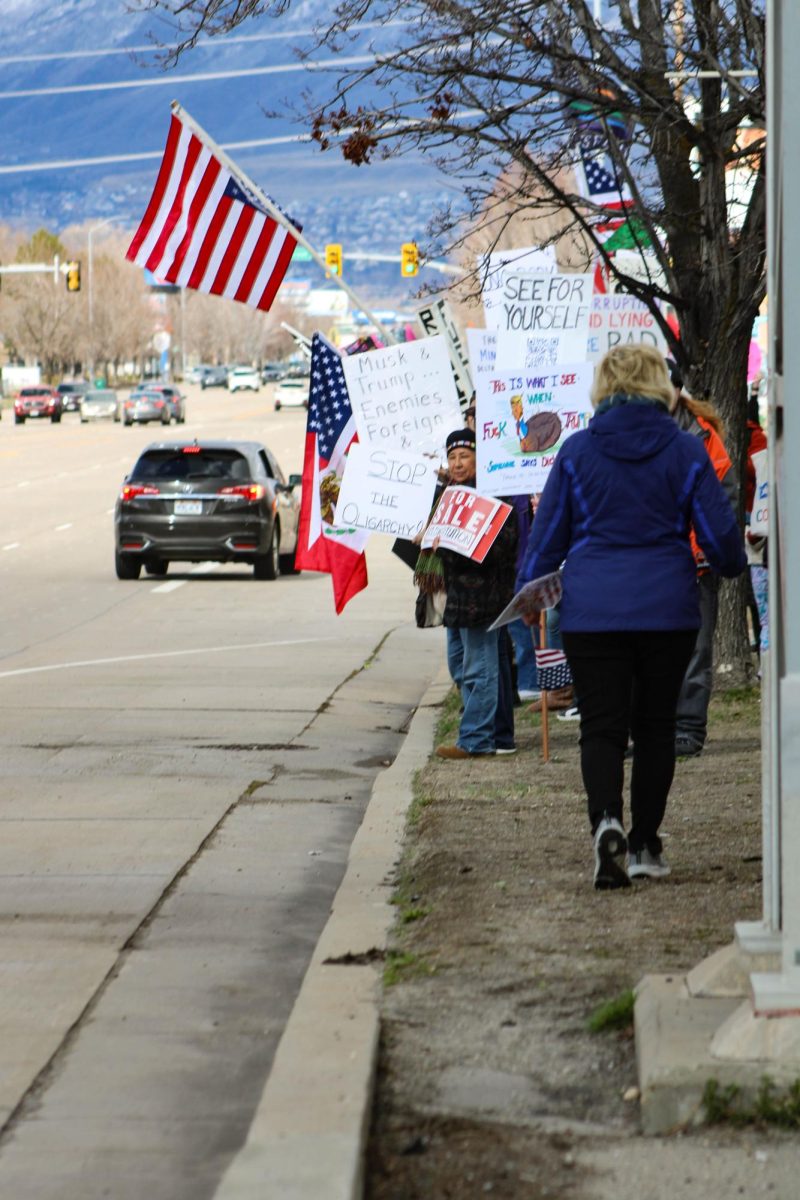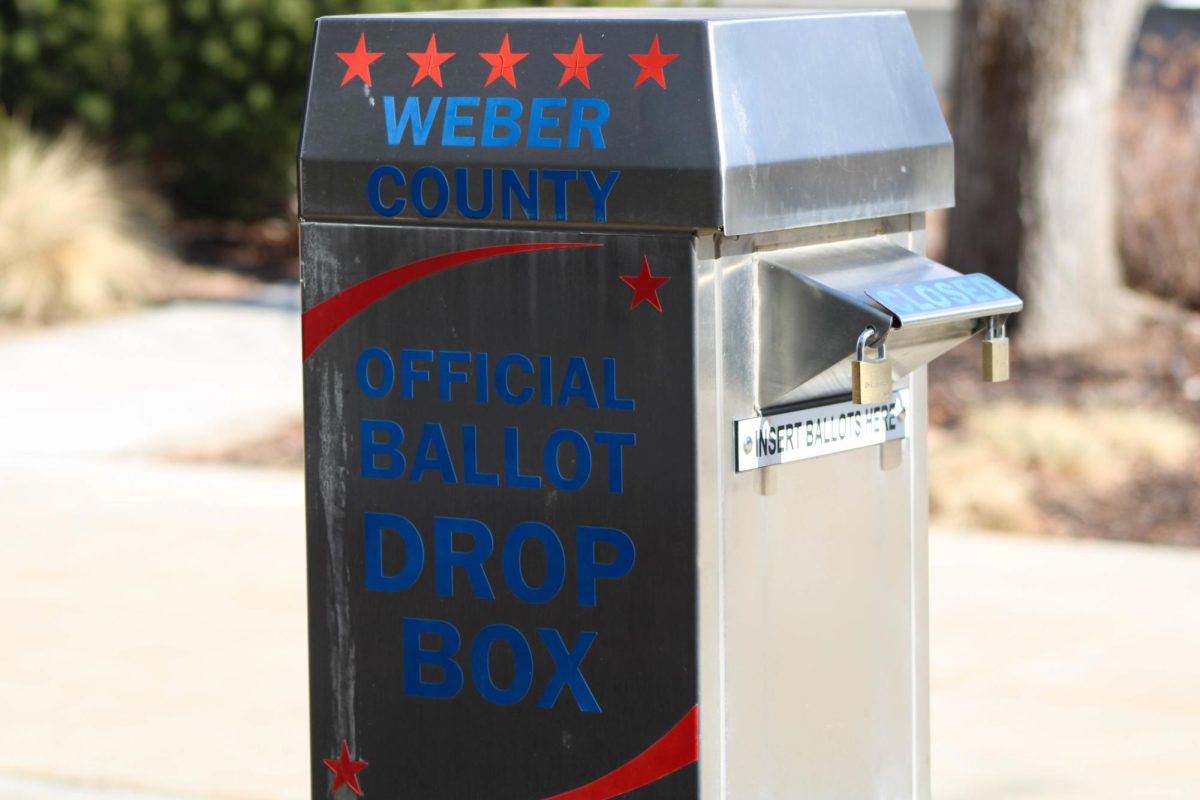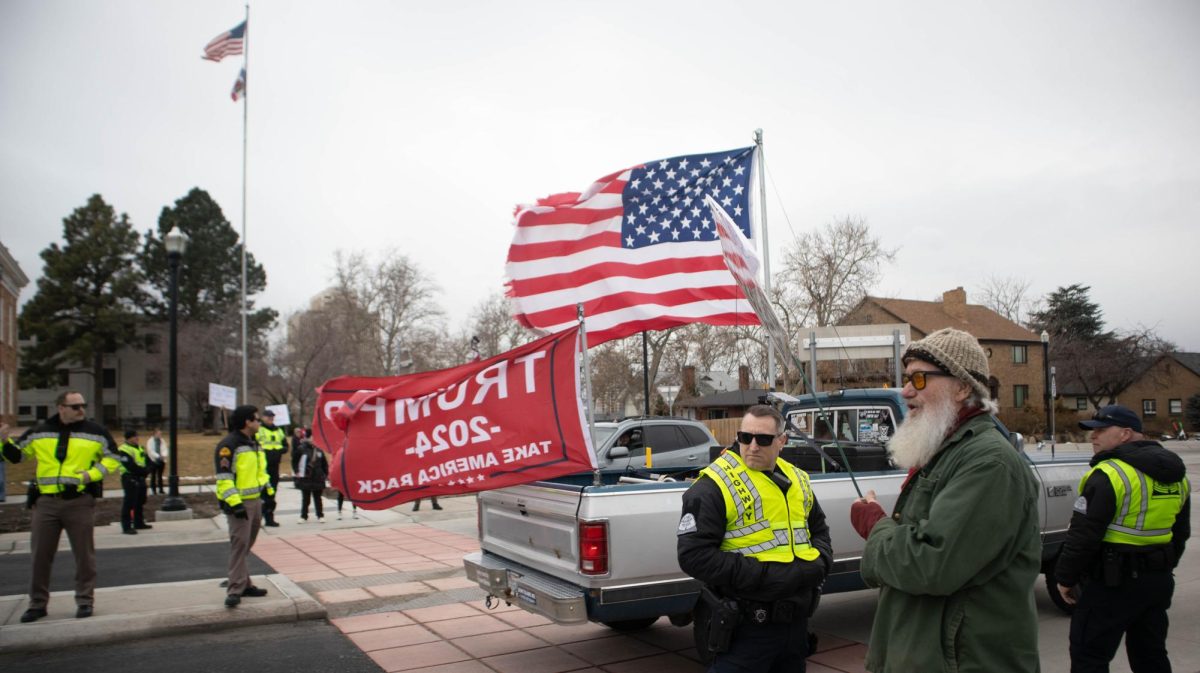
Starting July 1, new federal student loan interest rates are set to double from 3.4 percent to 6.8 percent if Congress does not take action.
The battle is ongoing regarding government raising interest rates on student loans. Last year, students all over the country cried out on Facebook and Twitter, and by calling their elected officials with one message: “Don’t double my rate.”
Students were able to convince 186 Republicans in the House and 24 Republicans in the Senate to work with Democrats to keep student loan rates at 3.4 percent, said President Barack Obama in his May 31 address to students shown on www.whitehouse.gov.
“Higher education cannot be a luxury for a privileged few,” said Obama in the address. “It is an economic necessity that every family should be able to afford, every young person with dreams and ambition should be able to access.”
Massachusetts Senator Elizabeth Warren, an advocate and champion on student loan reform, has started a petition on Moveon.org, which has more than 440,000 signatures for her first-ever stand-alone bill, the Bank on Student Loans Fairness Act. Warren’s bill would give students the same interest rates as big banks borrowing from the Federal Reserve discount window of 0.75 percent.
“Today’s graduates carry more than $1 trillion in debt, more than all the outstanding credit card debt in the whole country,” said Warren in her address to the president, shown on Huffingtonpost.com.
Congressman Jim Matheson of the fourth district of Utah is also kicking off a huge campaign called Put Students First over the next few weeks to assist in efforts to keep student loan rates at 3.4 percent or lower.
Matheson’s platform is a place for struggling students to give voice to their stories, students such as Weber State University junior Christopher Moss. Moss said he and his wife have more than $15,000 in student loans and are only halfway through with their schooling.
“Going to school has been invaluable, but the loans are putting quite a bit of pressure on us,” Moss said.
Ivonne Dabb, an English major at WSU, said she doesn’t want to increase her debt any more than she has to, but, like so many other students, she might have to bite the bullet and keep taking student loans.
Matheson said he encourages everyone to write him, using the hashtag #PUT STUDENTS FIRST, on his website, email, Twitter and Facebook page so he can bring students’ voices back to Washington to read on the House floor.
WSU President Charles Wight is writing to Congress on behalf of all students at WSU and recommended that students also write to Utah congressmen Rob Bishop and Matheson, and Utah senators Mike Lee and Orrin Hatch.
This year alone, the government will profit approximately $34 billion from student loan debt.
“If the objective of the government is to make loans accessible so that students can get an education and then contribute to the economy in meaningful ways, then it doesn’t seem sensible that the government should be using student loans as a profit,” Wight said.
Some officials responded that the government cannot afford to keep student rates low.
“The student loan bill won’t make loans easier to afford or college more accessible,” said Senator Mike Lee, R-UT, in an email regarding the Student Loan Affordability Act S. 953, which is a bill to amend the Higher Education Act of 1965 and extend the reduced interest rate for undergraduate Federal Direct Stafford Loans. “It will however, spend $8 billion we don’t have and perpetuate the reason college tuition has increased so precipitously.”
When bills are passed, there is a cost to the government called a “pay-for” when offering lower rates. There needs to be a corresponding savings someplace else so it doesn’t add to the deficit, Matheson said. That is what makes the longer-term solution more challenging, because the government must find a longer-term “pay-for” and it is usually easier to find a short-term resolution.
Matheson has signed a bill to once again keep the interest rate low and is pushing his colleagues to bring this up to a vote.
“I believe it is important that we make colleges affordable for students,” Matheson said.
Government officials are urging students and parents to once again stand together and let Congress hear their voices.













